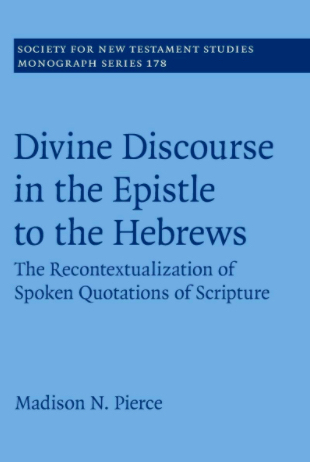2022.12.13 | Matthias Klinghardt. The Oldest Gospel and the Formation of the Canonical Gospels. Biblical Tools and Studies 41; Leuven: Peeters, 2021.
Review by Jordan Almanzar, Magdalen College of the Liberal Arts.
Matthias Klinghardt’s study, The Oldest Gospel and the Formation of the Canonical Gospels, is a two-volume work in which he proposes Marcion’s Evangelion as the key to explaining origins of the canonical Gospels. The work was inspired by a certain disharmony Klinghardt sees in 19th-century scholarship existing between two discourses that largely took place in Germany: 1) the so-called synoptic problem and 2) the relationship of Marcion’s Evangelion to canonical Luke. These discourses developed simultaneously yet independently of one another, and Klinghardt seeks to not only bring them together, but to display the results of doing so.
Read the rest of this entry »








